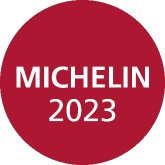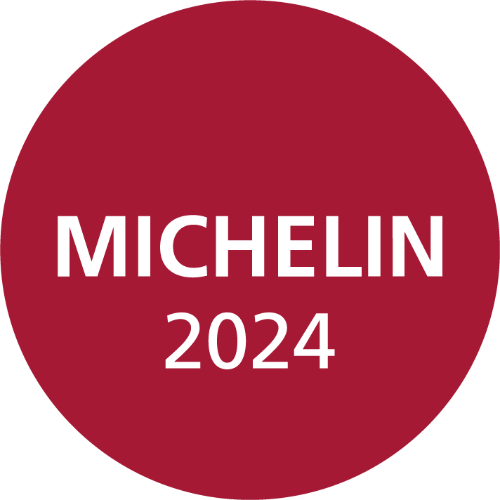In our interview with Benjamin Magyar, general manager of Tati, we discussed the current status of natural and organic wines, their potential, and their prominent role at Tati. Beni has been working in the hospitality industry for 11 years, has been a key member of Tati team since its opening, and also created our wine and champagne selection.
What are the fundamental differences between natural and organic wines?
While both genres share similarities in viticultural and pest management practices, the rules and concessions in natural winemaking are different compared to organic winemaking. While organic production allows for the use of various winemaking aids, stabilizers, fining agents, and filtration, along with the addition of higher sulfur levels, natural wine production does not permit these practices, allowing only minimal sulfur usage. While an organic wine exhibits clean, restrained, precise and measured characters akin to classic wines, natural wines can showcase wilder, more energetic characteristics, with aromas and flavors completely divergent from the norm.
What advantages and challenges do these wines present in terms of restaurant offerings?
The advantage of natural wines lies in offering a radically different experience to guests open to novelty, new flavors, and characters, while high-quality, classic-style organic wines will satisfy guests seeking established, familiar tastes. The challenge lies in understanding the differences between the genres and aiding in selecting the most suitable wine for each guest’s preferences.
What trends do you see in the world of natural and organic wines that could impact the restaurant sector?
As demand for these products increases among both foreign and Hungarian consumers, organic and natural wines will inevitably be featured on most restaurants’ wine list in the long run. Furthermore, the uniqueness, diversity, and complexity of natural wines offer excellent opportunities for pairing with complex and extreme dishes.
Which Hungarian wine region currently leads the market for organic and natural wine production?
Among Hungarian wine regions, the North Balaton region, including the Somló wine region, leads the way.
What advice would you give to those who want to explore the world of natural and organic wines but are not yet familiar with them?
I would simply encourage them to embrace the new, and step out of their comfort zone. They can ultimately decide whether they like them or not, as that’s what truly matters! In Tati, you can taste natural wines such as the Egly Tethys Furmint-Italian Riesling, which is a sophisticated and easily understandable natural wine. If you’d like to taste a wilder natural wine, I would recommend the Somló kincse sárfehér (“Treasure of Somló).



